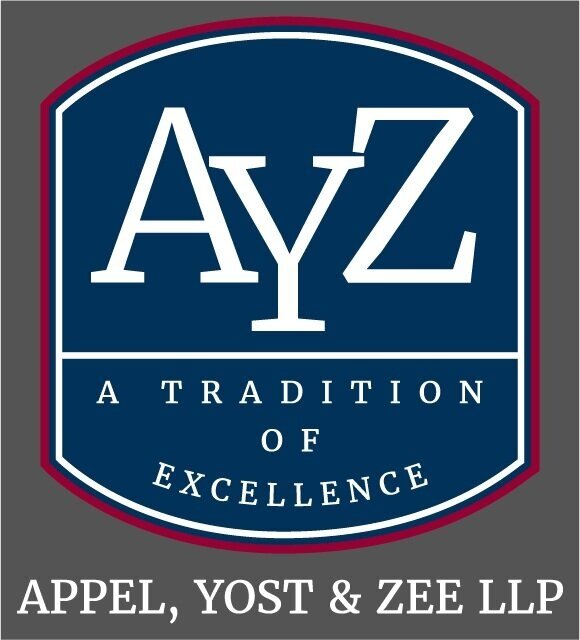Pennsylvania Court Provides Further Insight on Whether the NCAA is Above the Law
By Michael W. Lewis
July 12, 2024
On Thursday, July 11, 2024, a United States Appeals Court in Philadelphia ruled that college athletes whose efforts primarily benefit their schools may qualify as employees deserving of pay under federal wage-and-hour laws, further setting back the NCAA’s promotion of amateurism in college sports.
Presently, there are approximately 200,000 students that compete on nearly 6,700 Division I teams across all sports. The Division I athletes behind the suit in front of the Philadelphia court are seeking hourly wages similar to those earned by non-athlete peers that are involved in work-study programs, arguing that colleges are violating fair labor practices by failing to pay them for the 30 or more hours per week they dedicate to their sports. The attorney representing the plaintiffs suggested that athletes participating in NCAA sports make approximately $2,000 per month, or $10,000 annually, which these athletes could use to assist in covering everyday expenses.
The NCAA, together with several member schools, including Duke University, Villanova University, and the University of Oregon, are the defendants in the case. In a statement released by the NCAA, it was cautioned that the employment model could harm the student experience, and needlessly cost countless student-athletes opportunities in women’s sports, Olympic Sports, and sports at the Historically Black Colleges and Universities (HBCUs), Division II, and Division III levels. The NCAA also raised concern that this model would turn coaches into their players’ bosses, having a potentially catastrophic impact on college sports broadly. The court said that a test should be developed to differentiate between students who play college sports for fun and those whose efforts cross the legal line into compensable work, with professional athletes being the clearest indicator of a similar economic reality of an employee-employer relationship.
The ruling follows a 2021 Supreme Court decision that led the NCAA to amend its rules to allow profits to athletes to profit from their name, image, and likeness, ultimately lifting the ban on college compensation beyond full-ride scholarships. As a result, schools recruiting top athletes now can offer tens of thousands of dollars in education-related benefits such as study-abroad programs, computers and graduate scholarships. In May of this year, the NCAA announced a $2.8 billion revenue-sharing plan that could generate millions of dollars directly to student-athletes by next year.
Though not the final say on the matter, there are several important factors to consider as this issue continues to make its way through the state and federal courts. Universities might face significant financial burdens, needing to allocate substantial portions of their athletic budgets to athlete compensation. This shift could lead to increased tuition, cuts to non-revenue sports, or a reevaluation of the overall financial model of college athletics. Universities would also need to establish frameworks for compliance with wage and hour laws (both federal and state), the National Labor Relations Act, potential collective bargaining agreements, and revenue-sharing mechanisms. Further, a definitive ruling that some or all student-athletes are employees could result in wide-ranging retroactive liability under federal and state wage and hour laws. Additionally, any compensation models must address equity issues, ensuring that all athletes, regardless of sport or gender, benefit fairly. This consideration is crucial to maintaining Title IX compliance and promoting inclusivity in college sports, while also complying with federal and state equal pay laws.
Should you have any questions regarding this ruling, please do not hestitate to contact Michael W. Lewis, or any of the attorneys in the Appel, Yost & Zee Education Law group.
